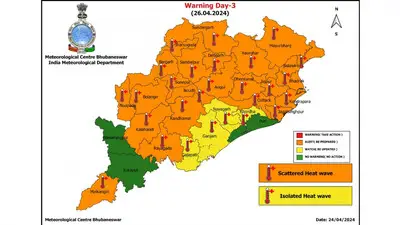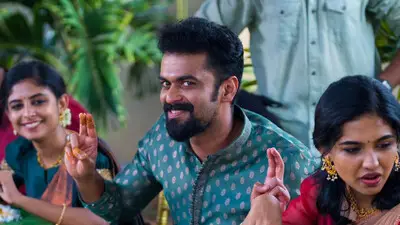Recommended Stories
These are among several tidbits mentioned in a new book "The Ambassadors` Club", a selection of experiences that shows the Indian Foreign Service in a remarkable new light. The contributions included in the book, edited by diplomat Krishna V Rajan, show the Indian envoy playing protector, negotiator and guide in places as far away as Chile and Fiji to closer home, in Bhutan and Nepal.
Ranged is the entire gamut of diplomatic duties, from putting forward the Indian viewpoint at tough negotiations on climate change to being the UN secretary-general`s special envoy in Iraq in the time leading up to the war there; from being in a sensitive position as envoy in Fiji during a coup to being present as the Shimla Agreement was reached between India and Pakistan.
"The scene is still vivid in my memory. Benazir (Bhutto), PM`s social secretary Usha Bhagat, Bhutto`s press secretary Khalid Hassan, Nareshwar and I stood outside the room where the two leaders (Indira Gandhi and Zulfiqar Ali Bhutto) were meeting," recalls K N Bakshi, then deputy head of the Pakistan division in the Ministry of External Affairs who was fully involved in the negotiations leading to the Shimla Agreement.
"There seemed hardly any other persons in the foyer. (Senior official P N) Haskar sahib came out of the room, slowly walked towards us and started lighting his pipe."
"Usha Bhagat asked him: `Haskar sahib, ladki hui ki ladka? (Haskar sahib, is it a girl or a boy?) Haskar sahib took his time, smiled a little, cleared his throat, and said `Ladka hua aur who bhi MA pass. (It is a boy- that too with a master`s degree.) We had reached an agreement," writes Bakshi, who later served as India`s Ambassador to Sweden, Norway, Iraq, Austria and Italy.
"In 1972, in what appeared a whimsical decision at first, Amin declared that all Asians holding citizenship of India, Pakistan, Bangladesh or the UK would be expelled from the country within three months. As he put it, mistakenly, `Asians milked the cow, but did not feed it to yield more milk`," the book published by HarperCollins says.
"It was the beginning of a nightmarish five months for Niranjan Desai, who had been sent from India as officer on special duty to help tackle the crisis, as he tried to help people leaving possessions and attachments behind for an uncertain future, watched a country in turmoil where people vanished overnight, and was himself declared persona non grata and put at some risk to his life. But as he learnt from the experience, rules and regulations are secondary and merely a guide while helping people in distress. Sometimes, when there is no opportunity for the observance of diplomatic niceties, it is common sense that counts," the book says.
"It had been a harrowing time but it was also a unique experience which comes only rarely, and most times never, in one`s career. The most important lesson for me was that when dealing with consulate matters, people come first and that one must have compassion for others; rules and regulations are secondary and merely a guide which can be stretched to the extreme to help persons in distress and trouble," Desai writes about the episode in which over 52,000 Asians of various nationalities were uprooted from Uganda within a period of three months and without most of their possessions to start a life elsewhere. He served in many parts of the world during a career spanning 37 years in the Indian diplomatic service.
Rajan, who was India`s Ambassador to France, the US, the UK, Zambia, Algeria and Nepal besides serving as Prime Minister`s special envoy, hopes that this collection of essays will be an "eye-opener to anyone who thinks that the Indian Foreign Service is all about cocktail parties and luxurious living conditions".












